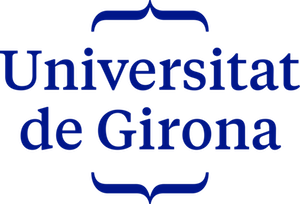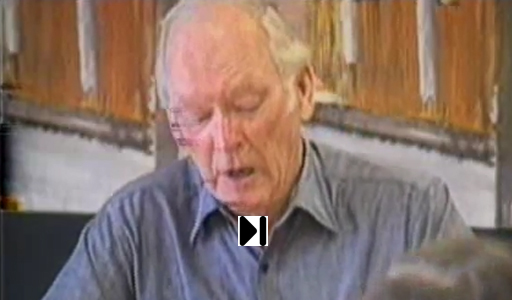
Donald Davidson
Donald Davidson (Springfield, Massachusetts, 1917 - Berkeley, California, 2003) was Professor of Philosophy at the University of California (Berkeley) and is considered one of the most influential philosophers of language of the twentieth century. He earned his PhD in 1949 from Harvard University and taught at several American universities (Stanford, Chicago and Rockefeller). He was one of the greatest exponents of the so-called philosophy of mind, developed in two major books Essays on Actions and Events (1980) and Inquiries into Truth and Interpretation (1984). In the first, Davidson focused his study on the notions of decision and action in the nature of mental acts and causal relationships and the semantics of natural languages. The second analyzes the relationship between theories of truth and theories of meaning, and the concepts of translation, belief, radical interpretation, reference, metaphor and communication.
Programme
THE SOCIAL BASIS OF THOUGHT
June 6th to 17th, 1994
- The Problem of Objectivity. The nature of judgement. Varieties of holism and the reasons for them. Relation to skepticism.
- The Measure of the Mental. How the content of thought is assigned. The logical form of attributions of attitude. The nature of serious theory illustrated and its virtues extolled.
- The Problem of Truth. The folly of trying to define truth. The failure of coherence, correspondence, pragmatic, deflationary theories.
- A Theory of Truth. Providing a content for a theory of truth. Truth versus reference.
- Varieties of Externalism. Social and perceptual externalism, their sorts, and the arguments for and against them. Dummett, Burge, Kripke, Putnam.
- The Second Person. The concept of triangulation. The myth of the subjective and the source of objectivity in intersubjectivity. The essential role of language.
- First-Person Authority. First-person authority explained. Why externalism and indeterminacy do not threaten first-person authority.
- Thought Socialized. Confused ideas about truth and objectivity: internal realism, conceptual relativism, etc. The irreducibility of the three varieties of empirical knowledge.
- A Unified Theory. The reasons for wanting a unified theory of belief, evaluative attitudes and language. What makes this possible. A description of the theory.
- The Rejection of Skepticism. The correct view of error. Why massive error is impossible.
Click here to download the progamme in pdf.
Invited specialists
By indication of Prof. Davidson, the below mentioned were also invited to participate: Willard V. Quine and Burton Dreben (Harvard), Bruce Vermazen and Barry Stroud (Berkeley), Akeel Bilgrami (Columbia) and Ernie Lepore (Florència).


